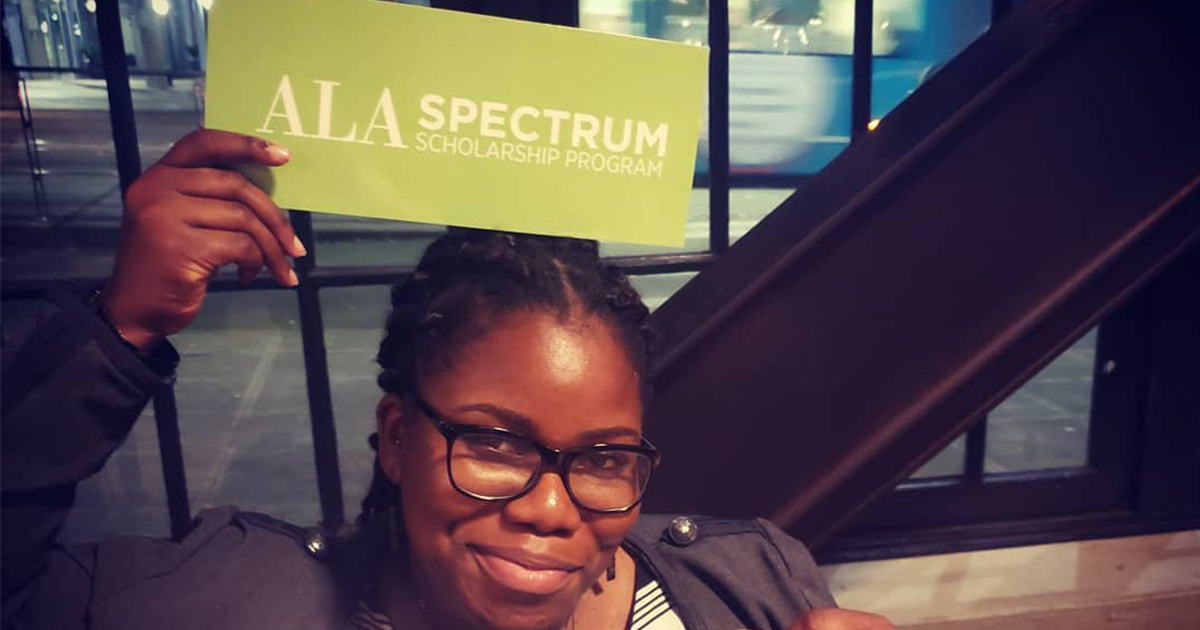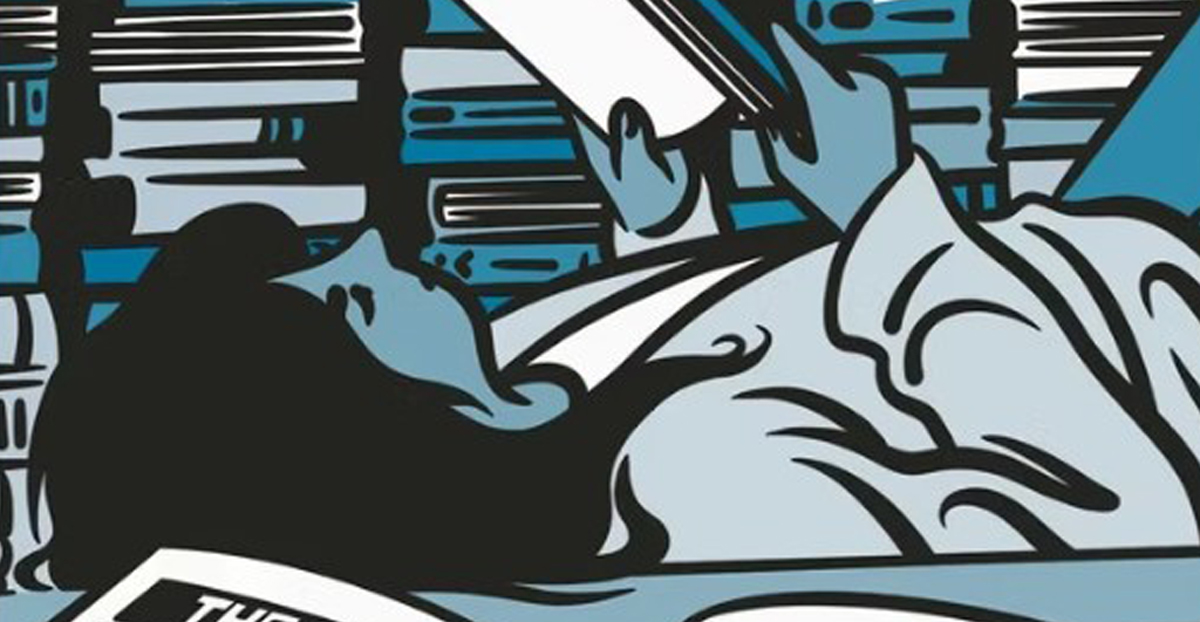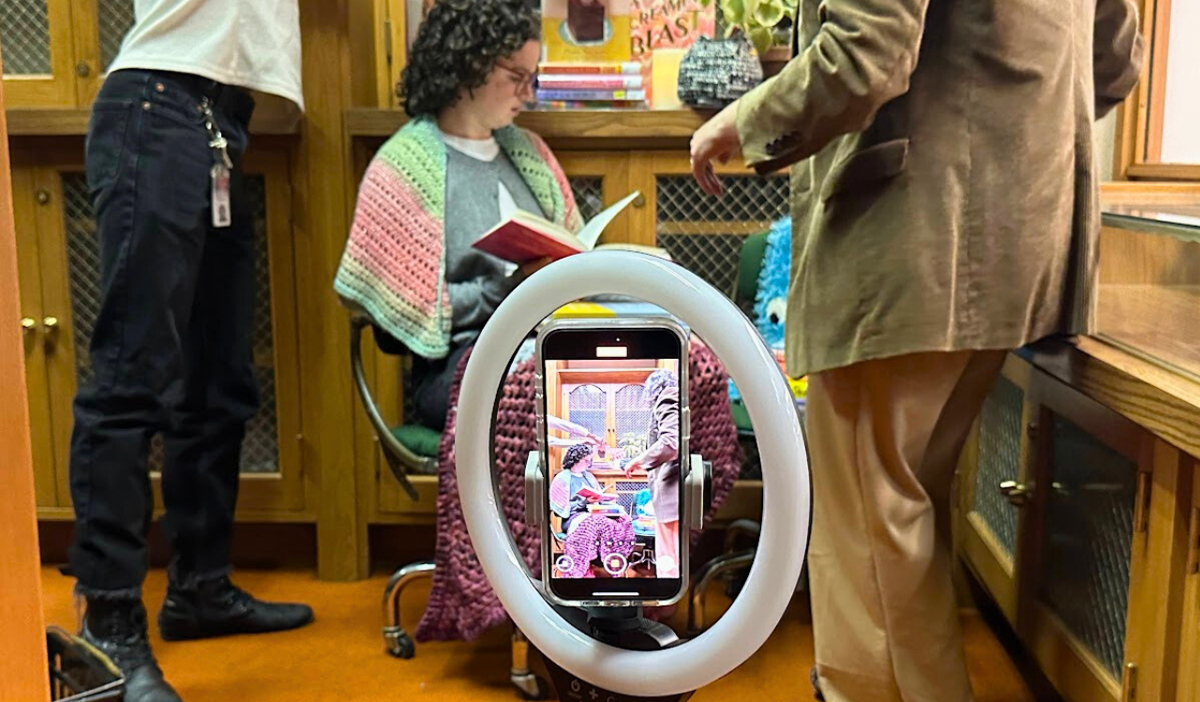by Twanna Hodge
Equity, diversity, and inclusion are core values of librarianship, but we’re still a long way from library staff reflecting the demographics of their communities: more than three quarters of librarians are white, and just 6.8% are Black. The American Library Association’s Spectrum Scholarship program is one program working to change this, offering funding, mentorship, and support to Black, Indigenous, and People of Color (BIPOC) library sciences students.
Here, 2013 Spectrum Scholar Twanna Hodge—diversity, equity, and inclusion librarian at the University of Florida—shares her experiences and advice about being Black in librarianship.
What has your experience as a Spectrum Scholar been like?
As a Spectrum Scholar, I am connected to the Spectrum Community and over a thousand strong supporters. It’s been a positive experience. Spectrum allowed me greater access to leaders in the field, especially those that identify as BIPOC. I have been mentored and mentored others, collaborated with many, and had painful, therapeutic, emotional conversations with folks. Spectrum is one of the spaces that allows me to be able to be myself, no masks, code-switching, or having to prove or justify my existence or experiences. I can see myself reflected in these spaces, and I have role models. I can grow and develop myself and others. Through the sacrifice and support of others, I can be who I am to thrive and not just survive in this profession.
What inspired you to pursue a career as a librarian?
I wanted to become a librarian because I initially wanted to provide access to the wonderful worlds in books. Then in graduate school, it morphed into helping people find the right information at the right time to influence their lives for the better hopefully. It was also about empowering people to take their place in gathering, organizing, and disseminating their knowledge, information, and data.
Only 6.8% of U.S. librarians identify as Black. How would libraries be different if the profession better reflected the diversity of this country?
We should acknowledge that we have never been living up to our profession’s Code of Ethics which states, “We provide the highest level of service to all library users through appropriate and usefully organized resources; equitable service policies; equitable access; and accurate, unbiased, and courteous responses to all requests.” By truly realizing workforce diversity on par with our communities, library services, programming, and resources will be more tailored, equitable, culturally relevant, and inclusive. Then libraries will genuinely be for all, and the question of our relevance and funding issues will be diminished. The people in libraries (workers and patrons) will feel comfortable. They won’t have to defend, explain, justify their existence, or that they deserve to be treated with human dignity and respect regardless of the darkness of their skin, and these socially prescribed and constructed identities and categorizations.
What advice would you share for Black people considering a career in librarianship?
Center Blackness. Center yourself. Learn about Black librarianship history and current events. Carefully research library schools. Choose the best library school for your needs (online, residential, part-time, full-time, and more) that meets your standards, connects with your values (social justice, equity, and inclusion), aids in your job attainment, and supports your career and professional development. Apply to ALA’s Spectrum Scholarship Program, Association of Research Libraries Kaleidoscope Program, and any scholarship and grants available through local, state, regional, and national library associations. Becoming a librarian is an emotional, physical, mental, and financial investment, so make sure you are ready. Ask yourself, what are you willing to sacrifice to become a librarian? Will the return be worth the risk? Know your worth. Learn how to advocate for yourself.
Gain experience in libraries if you can—conduct informational interviews with those in positions that interest you. Find a mentor. There are many areas and specializations within librarianship, and you are not relegated to just one in your lifetime. Know and understand the difference between having a job, having a career, and being in or a part of a profession. Know when you need to leave all or one of them. Your professional identity doesn’t come before your salient identities, needs, and wants. Critique your decision to become a librarian. Learn about vocational awe and savior complexes. Build support networks.
It’s a marathon, not a sprint, so pace yourself. Learn how to say no. As someone said to me, no is a full sentence. Join the relevant group from the National Associations of Librarians of Color (which include the American Indian Library Association, the Asian Pacific American Librarians Association, the Black Caucus of the American Library Association, the Chinese American Librarians Association, and REFORMA) if you can afford to do so.
How do you practice self-care?
Work-life separation. Taking breaks. Maintain support systems/networks. Reading fanfiction. Volunteering. Hanging out with friends. Putting my needs and wants first. Learning that my value and worth is not tied to what I do or how useful I am. Taking care of my body—walking, drinking water, getting annual checkups, taking naps, et cetera. Taking care of my mental health and taking care of my emotional health.
Is there anything else you’d like to share?
Become a Spectrum Supporter. Donate, if you can.
Racial justice and racial equity are everyone’s job, especially if you are white or benefit from whiteness. Race is a social construct created to justify white supremacy and the standardization of whiteness. The impact of race and racism (systematic, structural, and institutional) is real and has been intentionally built into the United States of America’s fabric. There’s no leveling the playing field. It’s about educating ourselves, being transparent, holding ourselves and others accountable, eradicating anti-Black racism, and dismantling white supremacy.
Donate to the Spectrum Scholarship program to help build more diverse, inclusive, and equitable libraries. For resources and information around #BlackLivesMatter in libraries, visit the Libraries Respond website.




